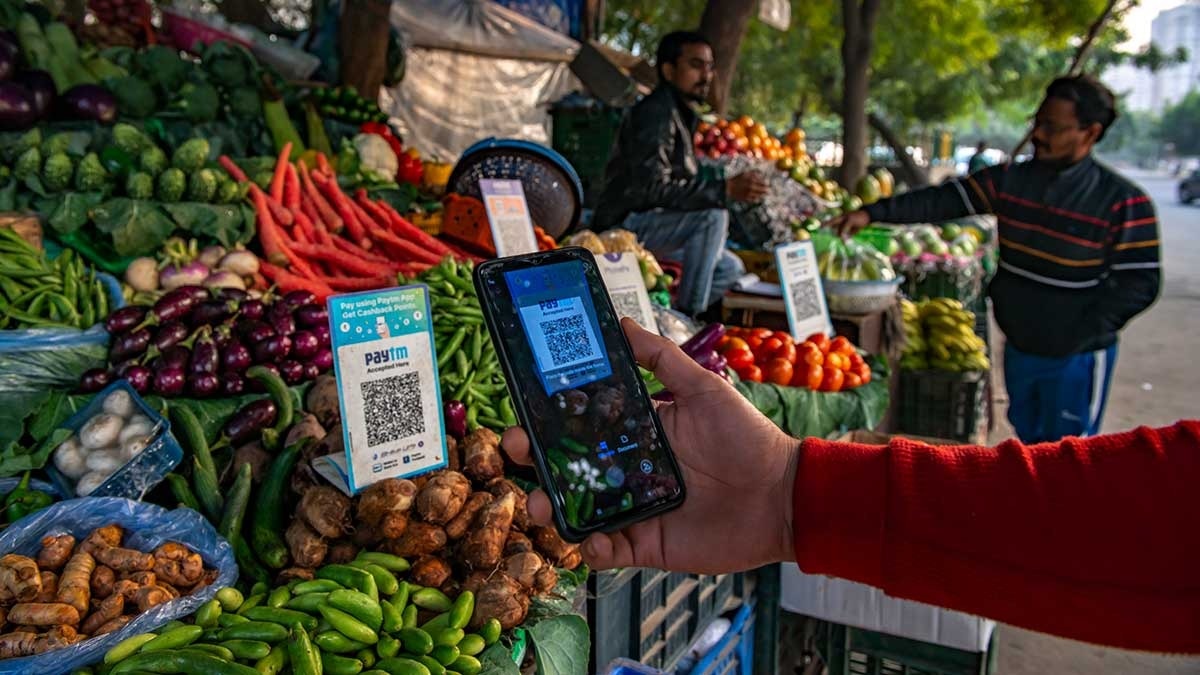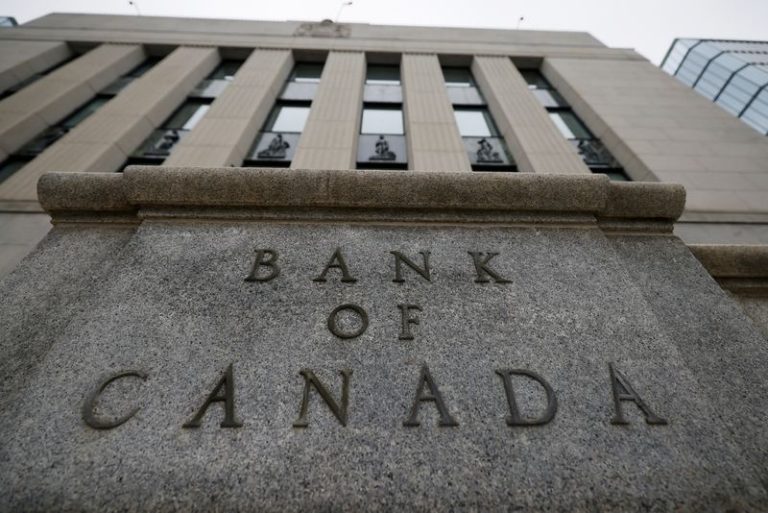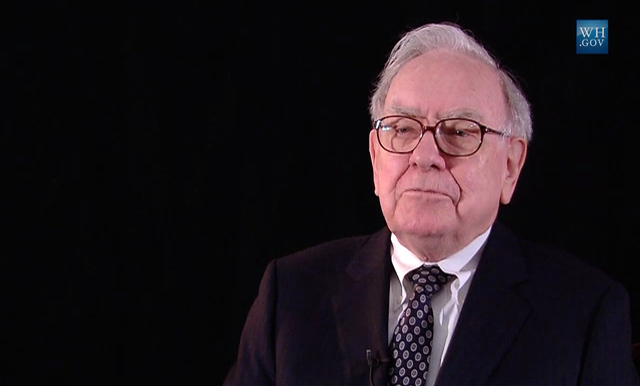A Reddit post has gone viral for capturing a simmering frustration among India’s salaried middle class: the growing number of small vendors refusing UPI payments to dodge tax scrutiny.
“We, salaried people, are taxed at every turn,” the post reads. “To claim even ₹20,000 for our parents’ treatment, we have to submit bills, go through accounting scrutiny. We are taxed for our cars, for using roads, tolls, petrol, servicing. Even our savings are taxed, and then taxed again when we withdraw.”
The user, echoing a common sentiment, argues that while salaried workers face heavy compliance, small vendors operate with little oversight. The tipping point? Vendors across Bengaluru putting up “No UPI, only cash” signs amid rising GST notices and fears of eviction. Many cite UPI transaction limits and potential tax liabilities as reasons to avoid digital payments.
The Redditor’s response is blunt: “Being poor doesn’t mean you should not pay taxes. If you don’t show UPI, we won’t shop at your place.”
The post urges middle-class Indians to push back — not through protests, which carry the risk of job loss and legal hassle — but through everyday choices: “Refuse to pay in cash. Force vendors to accept UPI and contribute to the tax pool like we do.”
Reports suggest that thousands of unregistered vendors in Bengaluru have received GST notices, some facing demands of several lakhs, further fueling the shift to cash-only transactions.
The post has struck a chord online, reigniting the debate on tax equity and digital accountability in a country where the formal sector is tightly monitored, while large swathes of the informal economy remain untaxed.






